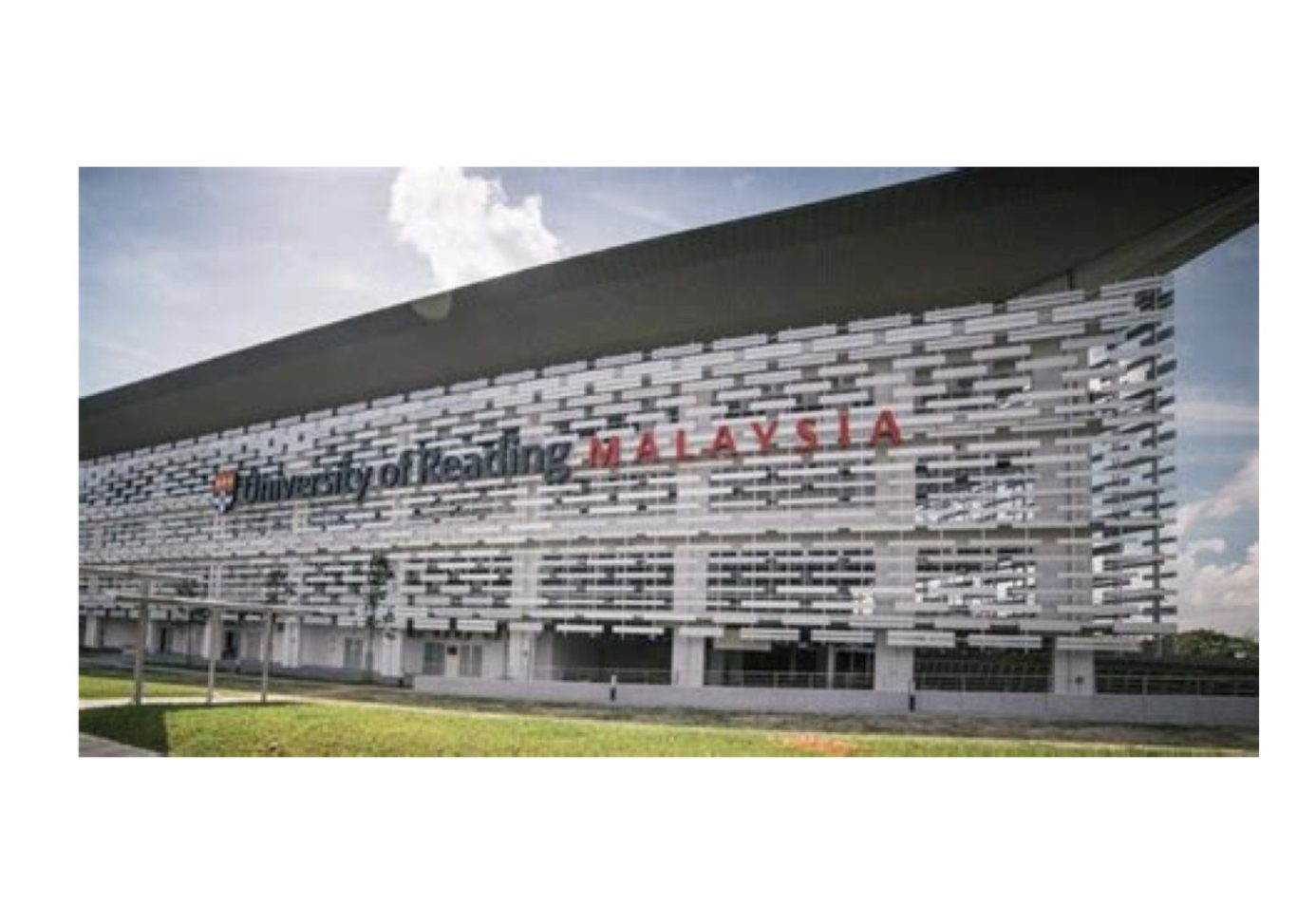Why Reading University has to sell its farmland
'Environmentally focused decisions'
At a lavish ceremony at St James’s Palace a couple of years ago, the University of Reading received the Queen’s Anniversary Prize for its work on climate change. The University Vice-Chancellor Robert van de Noort said in an interview with the local press:
‘Our world-class research in this field is well known, but RU is doing much more than research… It is critical that the next generation understands the importance of sustainable living as they will grow up in a world shaped by environmentally focused decisions being made today. University of Reading is at the forefront of giving young people greater access to the facts.’
So let’s look at ‘the facts’. Where once were green fields and now are housing estates, we can see the actual impact of the University’s ‘environmentally focused decisions’. Just around Shinfield, over a hundred hectares of what was university-owned farmland have been built over since 2017 alone. Surely the University of Reading is not wantonly aiming for the destruction of our rural environment. There must be a pressing reason why it’s prepared to overrule its much-advertised green principles, with environmentally destructive land sale decisions.
There is a reason. At a ‘Community Relations’ meeting the same year, the Vice-Chancellor spoke of ‘balancing assets’. It was necessary, he explained, for the University to sell its agricultural land for development because of balance sheet ratios, the need to gear debt to operating income, and debt to fixed assets, and suchlike.
In plain English, UoR had lost a lot of money. Under the previous Vice-Chancellor (not Van de Noort), Reading had opened a big new campus in Malaysia - see picture below.
It quickly went wrong, though, when students failed to turn up in anything like the forecast numbers. In August 2021, University World News, an online global higher education publication, reported on the debacle: ‘In 2019… the University of Reading Malaysia was forced to halve its staff and close some programmes after spending some £27 million setting up and operating the university between 2011 and 2019, accumulating losses of over £20 million.’ Geoffrey Williams, a professor at Malaysia University of Science and Technology and an expert on Malaysian higher education management and finance, was interviewed by the publication. He commented: “Reading (in Malaysia) is a failure financially.”
The University undoubtedly took a big financial hit. The Times Higher Education reported that Reading ‘ignored warning signals’ over the Malaysia branch campus and called its £27 million loss just in 2017-18 a ‘salutary lesson on the challenges associated with international ventures’.
Whether the University has learned that lesson or not, it’s the residents of Shinfield and Arborfield who will pick up the tab, if the Uni gets its way and sells the Hall Farm estate. We’ll have to pay in future for their Malaysian mistake with the loss of our last remaining extended green space, and an estimated eleven thousand extra people and their vehicles competing with us for whatever local infrastructure we might have at that point.

©Copyright. All rights reserved.
We need your consent to load the translations
We use a third-party service to translate the website content that may collect data about your activity. Please review the details in the privacy policy and accept the service to view the translations.